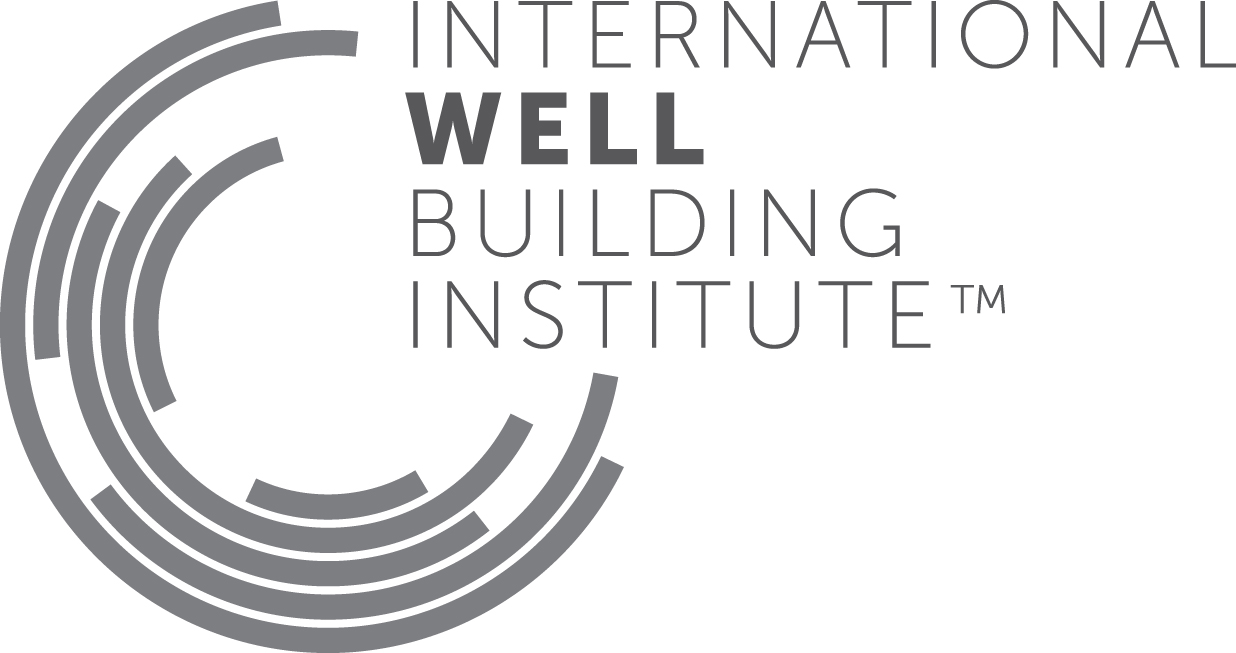Speaker Spotlight: Lessons From Canada’s Truth & Reconciliation Process: Centering and Celebrating Indigenous Wisdom
Part of the DNA of the WELL Summit is bringing our community closer, and one way to do that is getting to know more about our speakers–and staff–and what personally drives their commitment to the movement. In putting people first, we want to highlight their perspectives on place and space, as well as the role of well-being in their everyday life.
The wounds of history can be healed if we apply social innovation, resilience and strong community connection. Hear from women leaders who have used these tools and more to help bring Canada’s truth and reconciliation efforts to fruition and help celebrate their progress, during Lessons from Canada’s Truth & Reconciliation Process: Centering and Celebrating Indigenous Wisdom.
Meet Victoria Grant, Chair, Counseling Foundation of Canada
What is the one thing you do every day that helps protect your health and well-being?
I begin each day with a good breakfast and take my time to review what is on my schedule. I like to get up early so I am not rushed.
What’s your favorite place—to work, relax, stay or be—and why?
By the water, in among the trees but my favourite place in the world is Island 762 on Lake Temagami. It is home, it is where I feel whole. This particular place is part of my family’s ancestral family territory.
What is the most pressing issue regarding your session?
The most pressing issue surrounding the topic of my talk today is the 94 Calls to Action of the Truth and Reconciliation Commission.\
Meet Diane Roussin, Project Director, The Winnipeg Boldness Project
What is the one thing you do every day that helps protect your health and well-being?
My children are my biggest accomplishment in my life, and I appreciate my time with them, my family, and my friends. In addition to spending time with my loved ones, I also rely on Indigenous teachings around gratitude and engaging in ceremony to protect my health and well-being.
What’s your favorite place—to work, relax, stay or be—and why?
In Anishinaabe culture, Nibi is important. Nibi is water and water is life. Women are responsible and accountable to the water-I appreciate this and try to honour it, and try to ground myself near the water. I find this to be my favourite space.
What is the most pressing issue regarding your session?
In Canada, some of the solutions used for social problems are the same ones that can cause the issues. We need to use community voices to support people in the development and delivery of new ideas and solutions to social problems. It is important to discuss how to center systems, experiences, values, and perspectives around Indigenous knowledge systems, especially with a growing Indigenous population in Canada. In order for solution finding to occur within systems changes, systems, experiences, values and perspectives need to be looked at through an Indigenous innovation lens.
This session will be moderated by Davina Rooney, CEO, Green Building Council of Australia, and IWBI Governance Council Member.
Learn more and register for the WELL Summit today.
View original content here.





